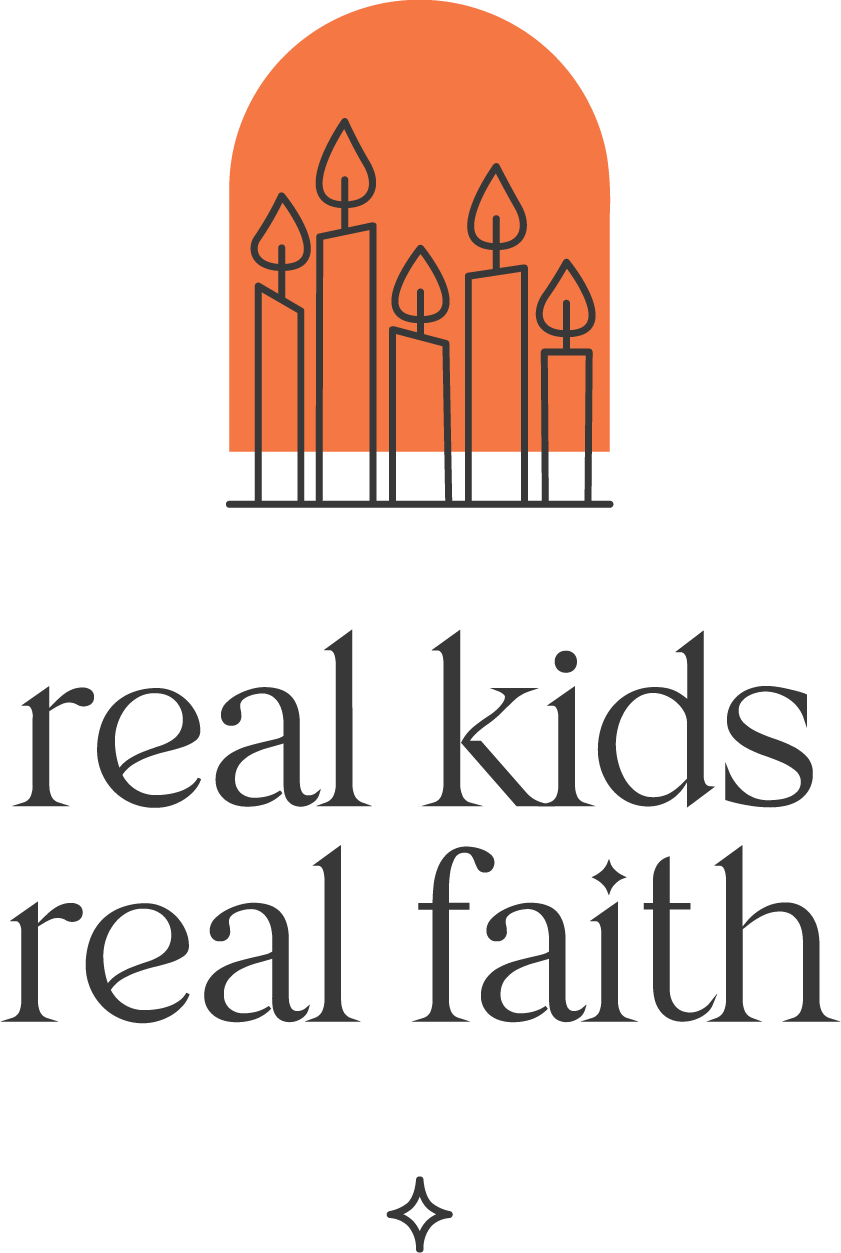As children head back to school, anxieties about relationships rise. Some wonder whether friends from last year will still want to play with them. Others hope to make new friends. A few worry that comfortable summer friendship circles will start to flex and shift. A few more will approach new groups and experiences with exuberance, ready to welcome everybody into their circle.
Making and nurturing connections with others is an important spiritual asset. Children are more likely to cultivate positive relationships when the adults around them provide opportunities to practice community-building skills. Jocelyn Greene, founder and director of Child’s Play NY, suggests using games to help kids imagine fun ways to connect.
Greene’s favorite game involves exchanging imaginary gifts. Children sit in a circle and take turns dreaming up fun gifts to share with each other. The adult leader begins by asking, Who likes to get gifts? As kids respond in the affirmative, the leader can encourage them to name some of the gifts they most enjoy receiving. Or the leader can invite them to imagine gifts they might wish for.
The leader then turns to the child next to them and says, Hey, [child’s name], I have a gift for you. It’s a [imaginary thing, such as a magical pony that tells funny jokes]. To underscore the gift, the leader pretends to hand (or lead) the thing (pony) to the child. The child responds, “Thank you, [leader’s name].” Then the child pretends to place the gift on the floor in front of them and repeats the exchange with whoever is next to them.
Greene emphasizes that saying the names of the gift-givers and gift-receivers is an important part of the game ritual. It helps children learn one another’s names. It also reminds them that each person in the group has value and worth.
Expressing thanks is also crucial, as it underscores the role that gratitude plays in community relationships. No matter how outrageous the gift idea, the fact that someone wants to share it is something to celebrate. Plus, when children feel that they are appreciated, they are more motivated to contribute to the group.
After playing the game a few times, leaders can encourage children to think hard about an imaginary gift that the next person in line would really enjoy. Personalizing the gift to another’s likes or needs pushes children to see things from a different perspective. It teaches kids that differences are ‘good’ and can be supported and celebrated.
Lastly, the ‘I Have a Gift Game’ is a way of nurturing creativity and imagination. When children have the freedom to gift whatever they can dream up, they often come up with really amazing ideas. They share superpowers (walking through walls, x-ray vision, supersonic speed), whimsical pets, and practical things like ‘get out of trouble’ or ‘be silly for a day’’ passes. A leader can set the tone by letting their imagination fly, too.

Comments